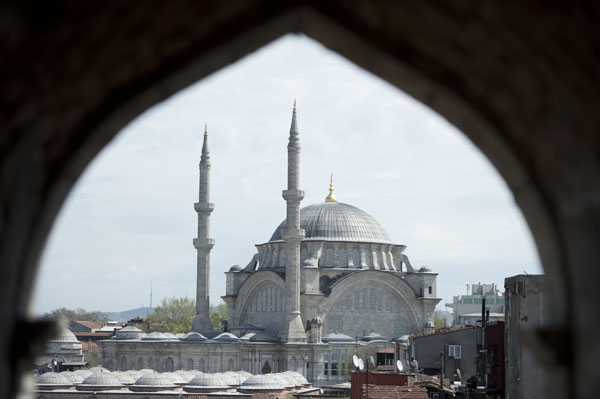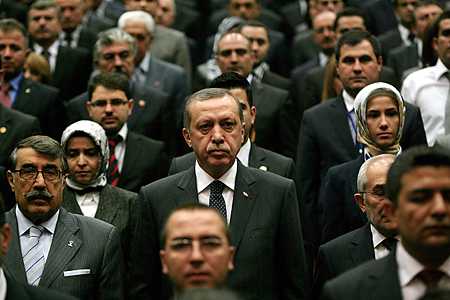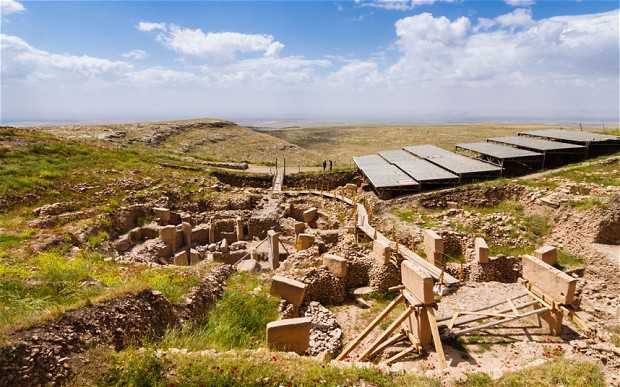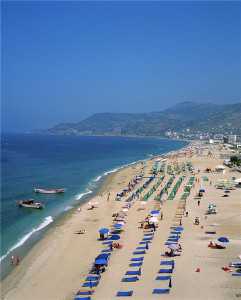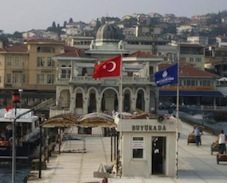By DESMOND BUTLER, Associated Press – 18 hours ago
 WASHINGTON (AP) — An annual U.S. government report is adding U.S. ally Turkey as well as Tajikistan to a list of the worst violators of religious rights.
WASHINGTON (AP) — An annual U.S. government report is adding U.S. ally Turkey as well as Tajikistan to a list of the worst violators of religious rights.
The report to be released Tuesday by the U.S. Commission on International Religious Freedom cites Turkey for “systematic and egregious limitations” on religious liberty. Turkey and Tajikistan are among a total of 16 nations listed by the commission as countries of particular concern.
The Turkish ambassador to Washington, Mamik Tan, dismissed the commission’s action as unjustified.
“Any unbiased eye will immediately realize that that’s not where Turkey belongs in the USCIRF annual report,” Tan told The Associated Press.
He said the Turkish government began action last year to restore impounded goods to non-Muslim foundations. “The categorization of Turkey as a ‘country of particular concern’ is naturally unexpected as much as it is unfair,” Tan said.
Among other problems, the report criticizes Turkey for regulating non-Muslim groups by restricting how they can train clergy, offer education and own their places of worship.
Congress established the commission in 1998 to compile the reports for use by the president, the secretary of state, and lawmakers. Aside from Turkey and Tajikistan, the report also listed: Myanmar, North Korea, Egypt, Eritrea, Iran, Iraq, Nigeria, Pakistan, China, Saudi Arabia, Sudan, Turkmenistan, Uzbekistan and Vietnam.
While the commission recommends action the U.S. government should take to encourage improvements in religious freedom in the various countries, the State Department usually narrows down the list to a smaller group it cites for particular concern in its own annual report on religious freedom. Those countries can be subject to sanctions.
As a NATO ally, Turkey stands out among the other countries cited by the commission and is unlikely to incur repercussions from the U.S. government. Indeed, the report seems at odds with the State Department’s assessment of Turkey. When the department released its report last year, U.S. Secretary of State Hillary Rodham Clinton praised Turkey for taking “serious steps to improve the climate for religious tolerance.”
Late Monday, five members of the commission released a statement saying that one member had changed his position from recommending Turkey as a country of particular concern to recommending it for the commission’s watch list, a lower-level designation.
The commission’s report also includes a watch list of countries it says require close monitoring because of violations committed or tolerated by their governments. Nine countries made that list in 2012: Afghanistan, Belarus, Cuba, India, Indonesia, Laos, Russia, Somalia and Venezuela.
Follow Butler at
via The Associated Press: US report criticizes Turkey on religious rights.

